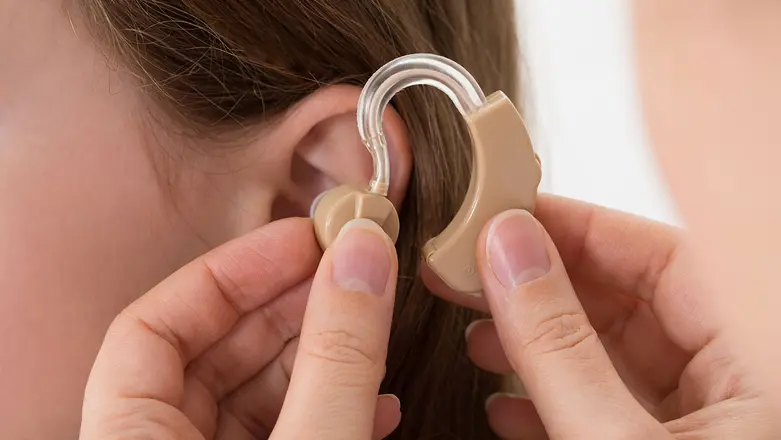-
-
Featured Care Areas


Hearing Solutions
Treatments We Offer
Our services
Our Audiology Clinic provides comprehensive audiological screening, evaluations and treatments.
Audiological diagnostic assessments
Audiological diagnostic assessments determine the presence, type and severity of hearing loss.
The types of hearing tests include:
Industrial hearing screening
As part of workplace safety and health requirements, employees exposed to loud noise in their work must undergo regular monitoring of their hearing status.
We provide industrial hearing screening such as baseline hearing tests and yearly hearing tests.
Pure-tone audiometry
Pure-tone audiometry is the most commonly used test to measure hearing sensitivity. It measures the softest sound that a person can hear.
During the test, pure-tone signals are delivered to the ear and the person being tested indicates if they can hear the sound by pressing a button or raising their hand.
Tympanometry
Tympanometry measures the movement of the eardrum in response to the applied changes in pressure. It is used to diagnose problems affecting the middle ear, which is located behind the eardrum (the tympanic membrane).
Common middle ear problems include presence of fluid in the middle ear, eardrum perforation, or middle ear infection.
Audiological rehabilitation
Audiological rehabilitation helps seniors or others who are hearing-impaired improve their hearing through treatments and use of assistive devices such as hearing aids and implants.
Bone anchored hearing aid (BAHA) implant
BAHA implants are small fixtures implanted behind the ear. They deliver sound vibrations directly to the inner ear, bypassing the middle ear.
The BAHA implant improves a person’s hearing sensitivity through direct bone conduction of the sound.
Cochlear implant
A cochlear implant is an electronic device that delivers sound signals directly to the auditory nerve. It uses a sound processor placed behind the ear to capture sound signals and stimulate the auditory nerve.
It is recommended for people with severe hearing loss from damage to the inner ear.
Hearing aid evaluation and fitting
Hearing aids are designed to amplify sounds to improve a person’s ability to hear. Hearing aid evaluation determines how much amplification is needed to suit the person's hearing impairment and lifestyle needs.
A hearing aid fitting ensures that the hearing aid fits the ear comfortably.
Middle ear implant
A middle ear implant converts sounds into vibrations to stimulate the middle ear. It consists of a sound processor worn on the head that transmits signals to the middle ear.
It improves hearing sensitivity and is recommended for people with obstructions in the outer or middle ear and for people who cannot wear hearing aids.
Tinnitus management
The treatment of tinnitus varies depending on the underlying cause. Tinnitus management may include removal of earwax blockage, stopping medications that can cause tinnitus, wearing of hearing aids, and treatment of underlying blood vessel conditions.
Counselling and sound therapy with the use of a hearing aid equipped with a tinnitus masking feature is proven to be an effective solution.
In this section


